Well Drilling Frequently Asked Questions
Find answers to the most common questions asked about well drilling, well water, and well maintenance in southern Minnesota
Q: How deep does a well need to be drilled for it to be a reliable source of water?
A: The depth at which a well needs to be drilled depends on various factors such as the location, geology and water table. Typically, a well needs to be drilled deep enough to reach an aquifer, which is a layer of rock or soil that contains water. A reliable source of water can be found at depths ranging from a few feet to several hundred feet.
Q: What is the typical cost of drilling a well?
A: The cost of drilling a well can vary widely depending on factors such as location, depth, and type of well. Costs can be higher if the well needs to be drilled deeper than average or if there are other challenges such as difficult geology or difficult access.
Q: What are the different types of well drilling methods?
A: There are several types of well drilling methods, including cable tool drilling, rotary drilling, and air rotary drilling. The method chosen will depend on the location and geology of the site, as well as the intended use of the well.
Q: How do I determine the best location for a well on my property?
A: The best location for a well is someplace accessible but out of the way of traffic or other hazards, such as snow plowing. The location must also meet or exceed set back rules from contamination sources, such as septic systems.
Q: What kind of maintenance is required for a well?
A: No regular maintenance is required. If you notice changes in pressure or volume, contact your well professional.
Q: Can a well be drilled through rock?
A: Yes. Rock wells are typically deeper and more costly in our area. Sometimes a rock well is the only option depending on the site location.
Q: Can a well provide enough water for household use and irrigation?
A: A well can provide enough water for both household use and irrigation. The amount of water a well can provide is determined by the flow rate, which can be measured by a licensed driller or hydrogeologist.
Q: Are there any safety hazards associated with drilling a well?
A: Drilling a well can come with some potential safety hazards. It is important to follow all safety protocols and regulations, and to hire a professional well driller with experience and proper insurance.
Q: How do I test the water from my well for impurities?
A: There are a variety of ways to test the water from a well for impurities. A water test kit or laboratory test can be used to check for harmful bacteria, metals, and other contaminants.
Q: Can a well's water supply run out?
A: While a well's water supply can run low during periods of drought or over pumping, it does not run out completely as it is sourced from underground aquifer that recharge with time. A Licensed well drilling company will be able to determine the flow rate of a new well.
Q: How long does it take to drill a well?
A: The time it takes to drill a well can vary depending on factors such as the location, depth, and geology of the site. Typically, it takes several days to a week to drill a well.
Q: What are the regulations and permits required for drilling a well?
A: Regulations and permits for drilling a well vary depending on the location and the intended use of the well. It is important to research and comply with all local, state, and federal regulations before drilling a well.
Q: How do I determine the flow rate and water quality of my well?
A: The flow rate and water quality of a well can be determined by your well driller. A flow test measures the amount of water the well can produce, while water quality tests check for impurities such as bacteria and contaminants.
Q: What is the typical lifespan of a well?
A: The typical lifespan of a well can vary widely depending on a variety of factors such as the location, the construction and materials used, and the level of maintenance. A properly constructed and maintained well can last for decades, while an improperly constructed or neglected well may fail after just a few years.
more questions ?
Call us at 507-625-3400 or fill out the form below and we will get back to you!

